Our first nesletter is online. Click here to open ...
Our second nesletter is online. Click here to open ...

ReNBES project aims to develop and validate an innovative and effective nature-based solution combining phytoremediation of contaminated sites with energy crops productions and their conversion to biochars and return to the soil achieving contaminants stabilization effects, carbon sequestration and climate change mitigation.
Information about project
Our team
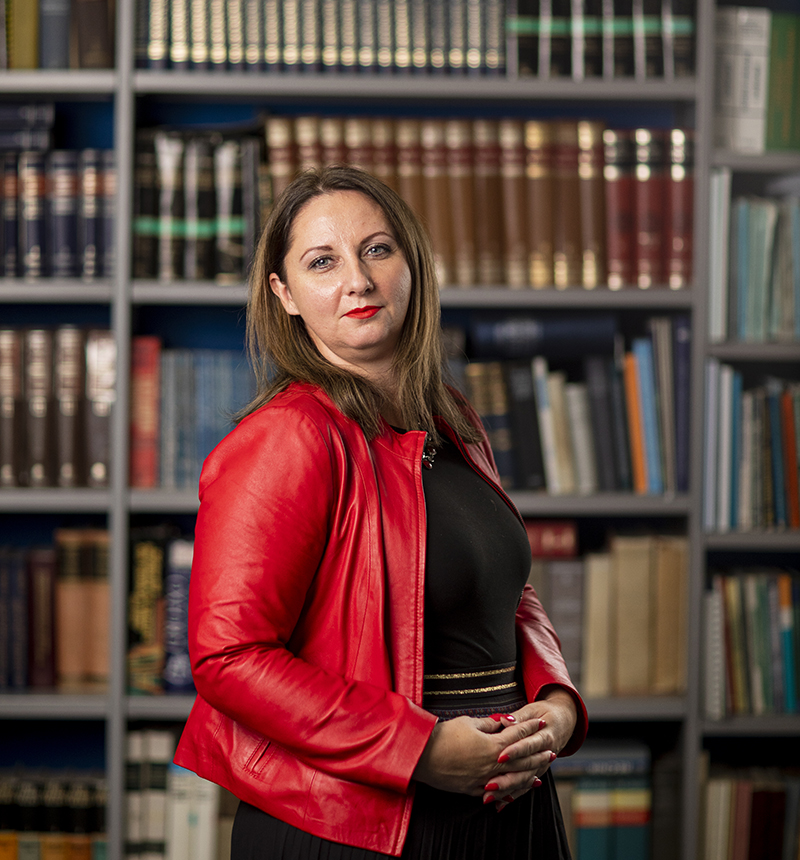
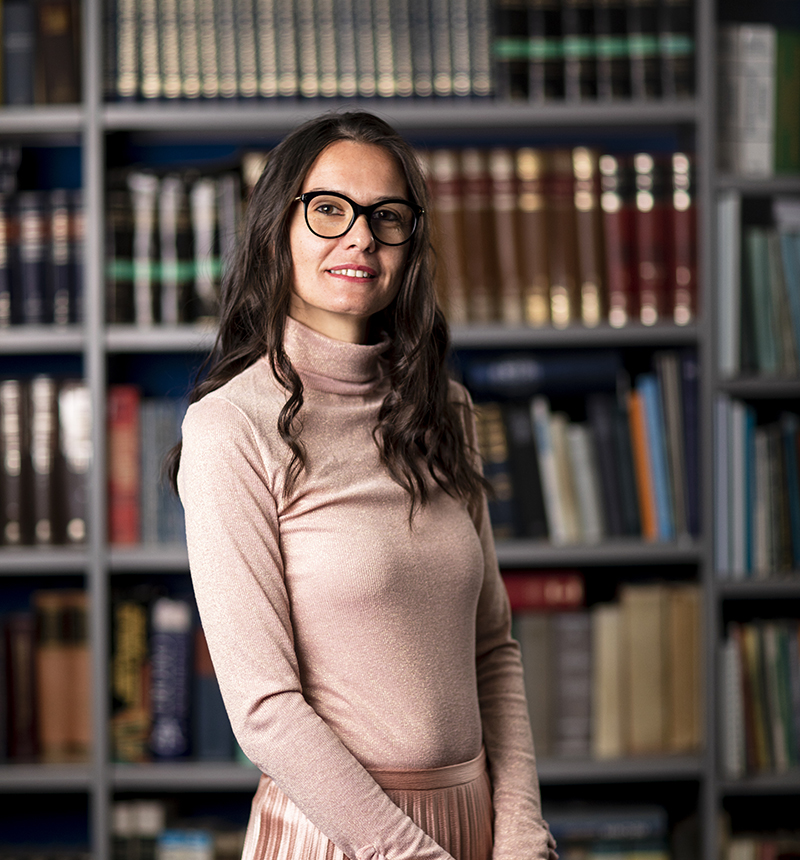
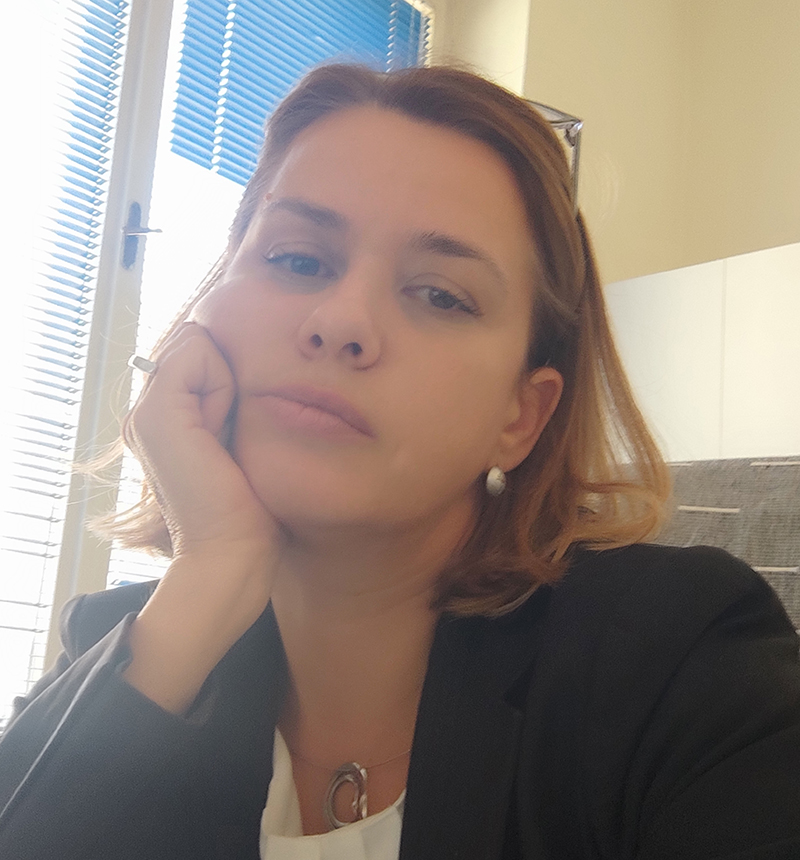
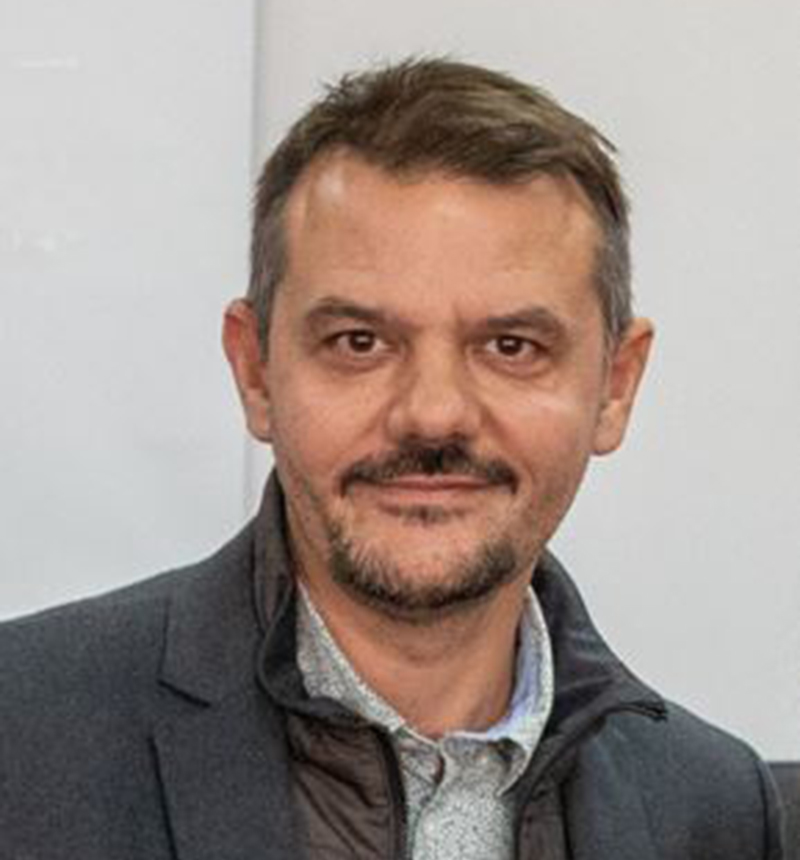
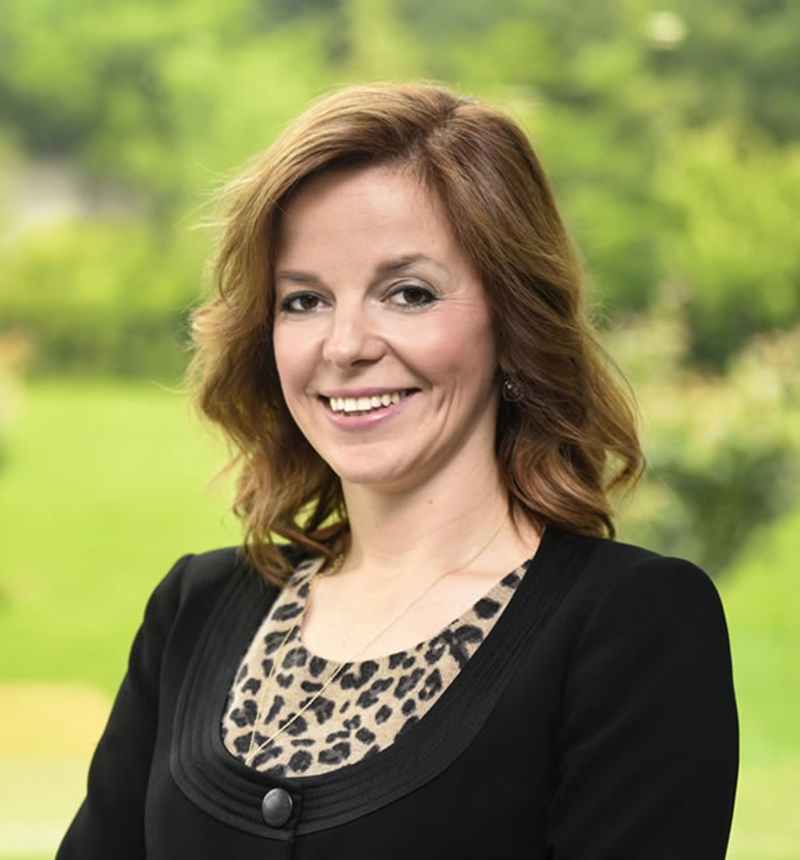
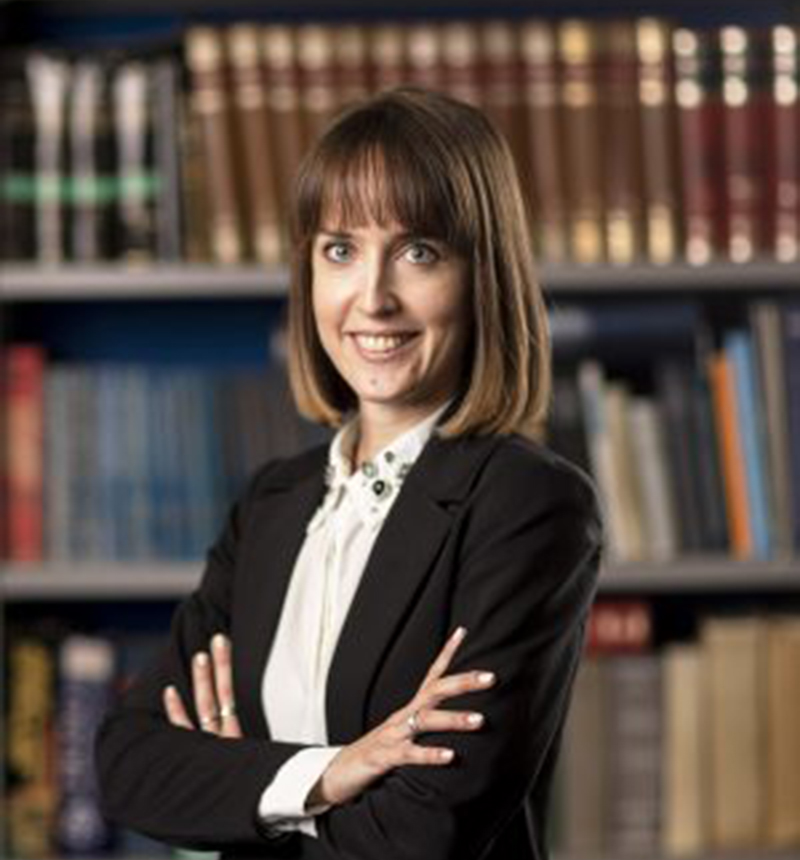
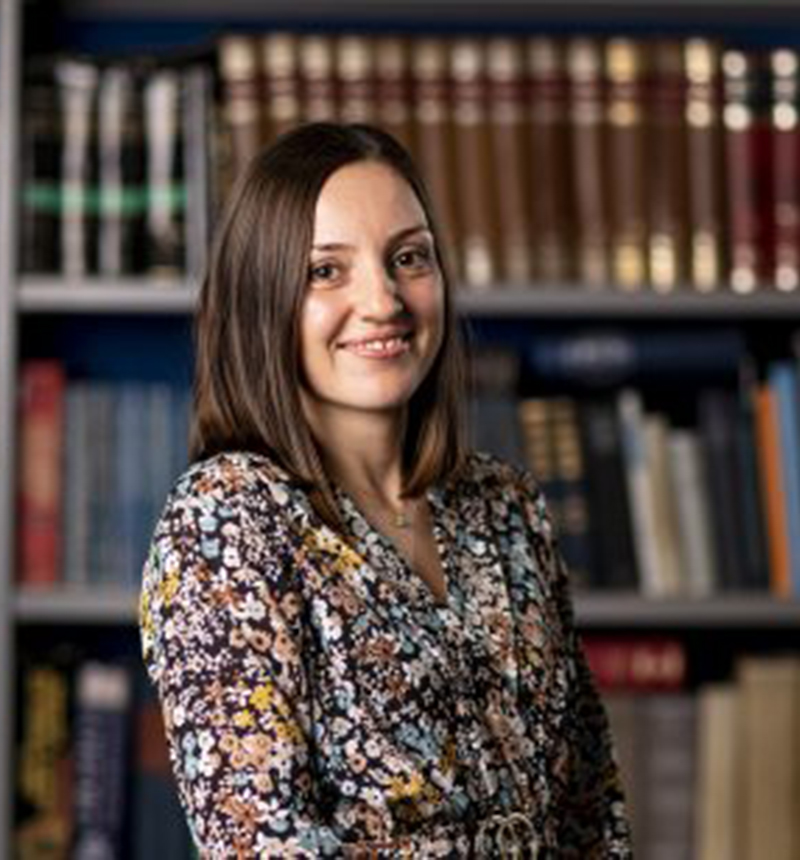
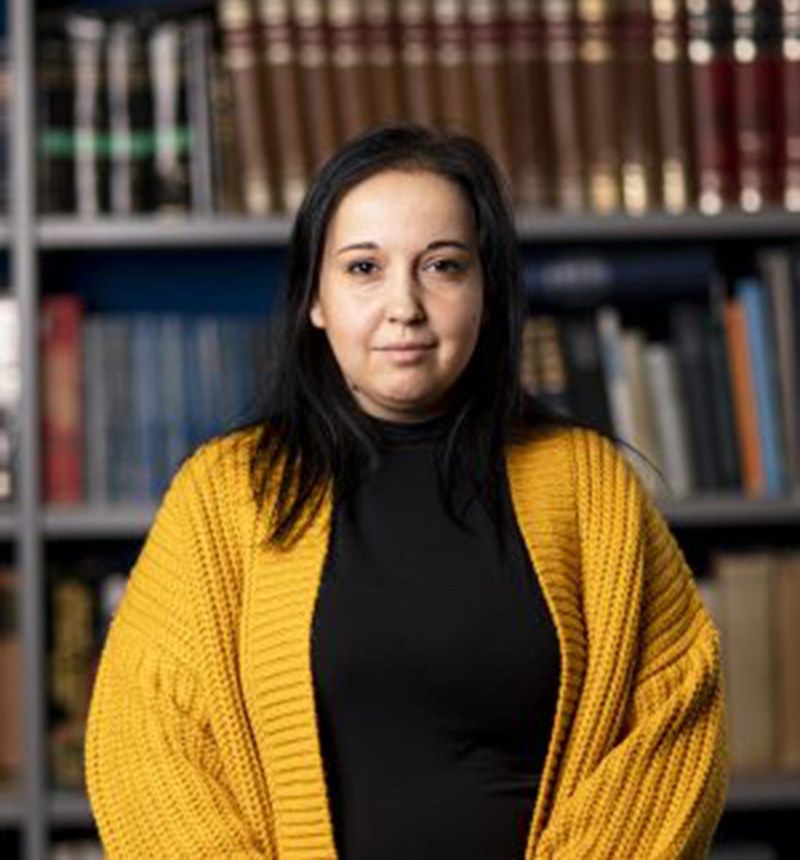
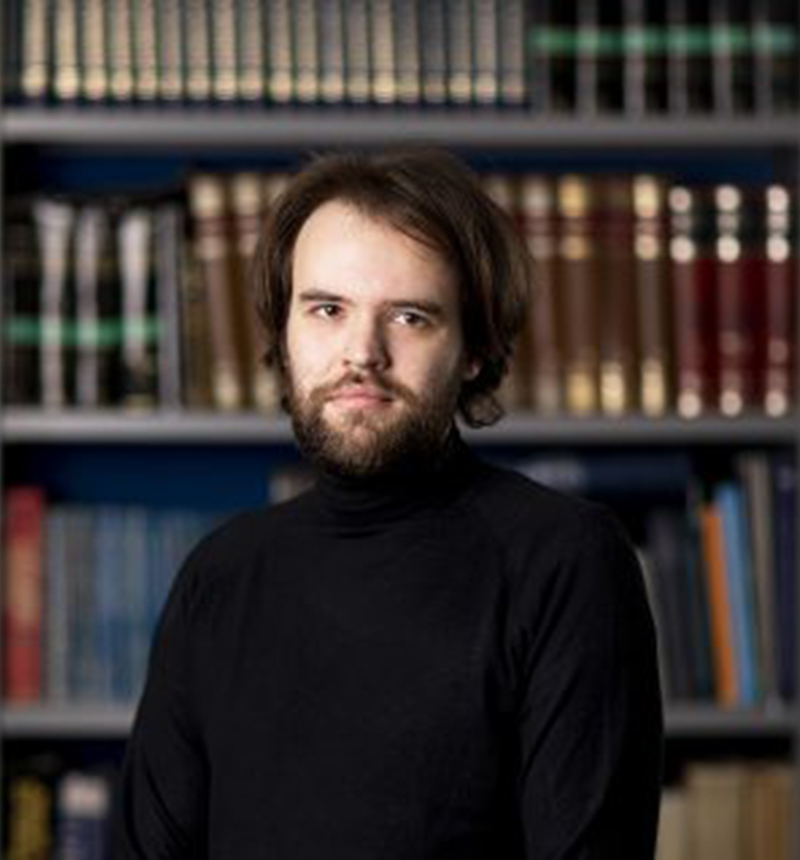
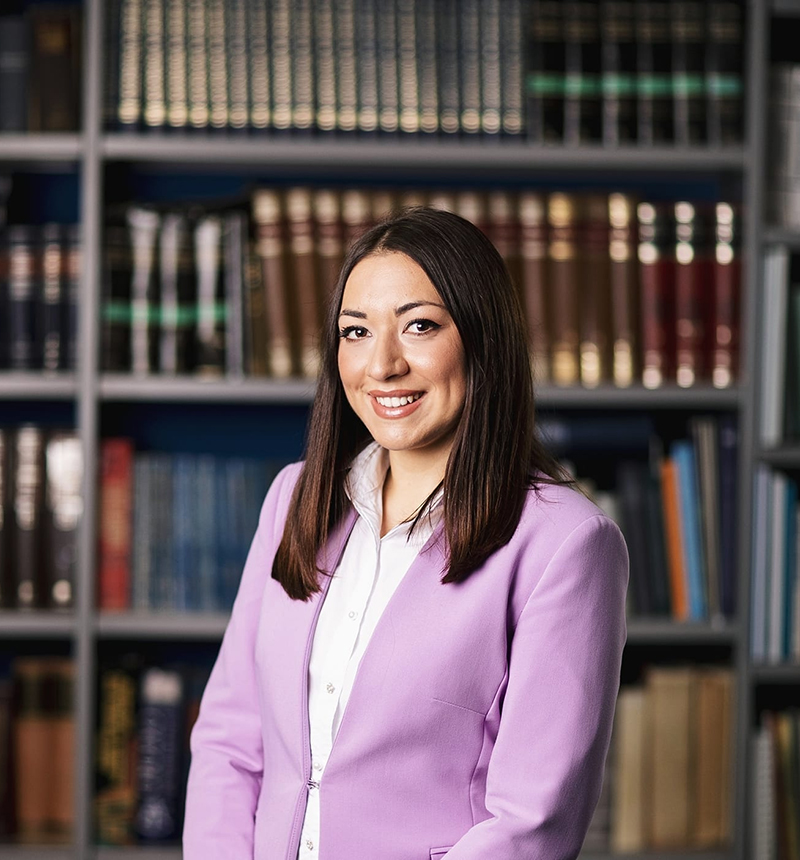
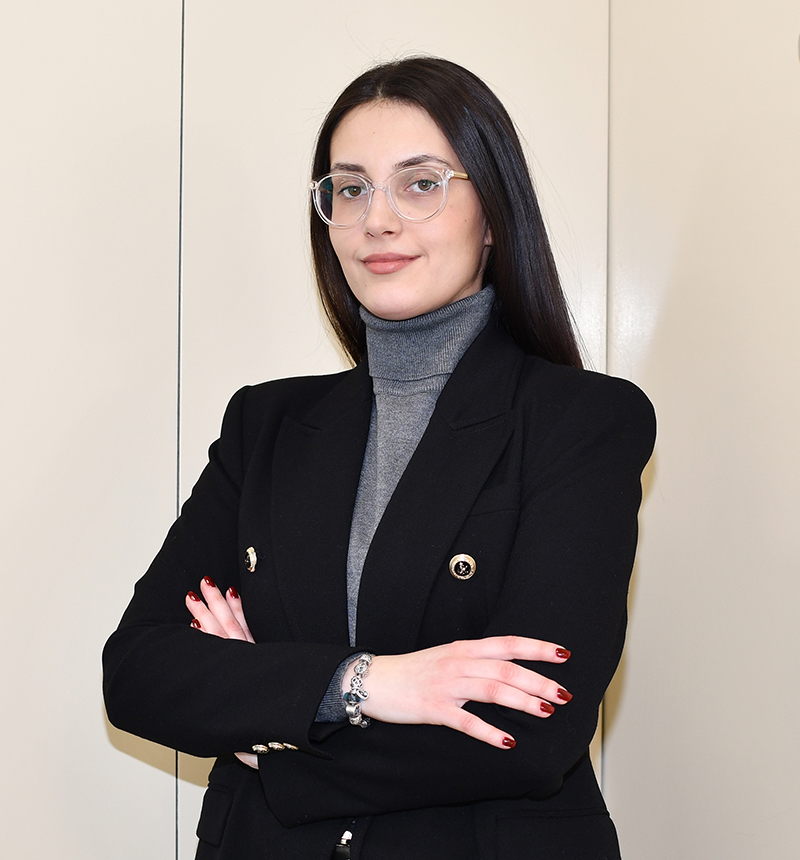
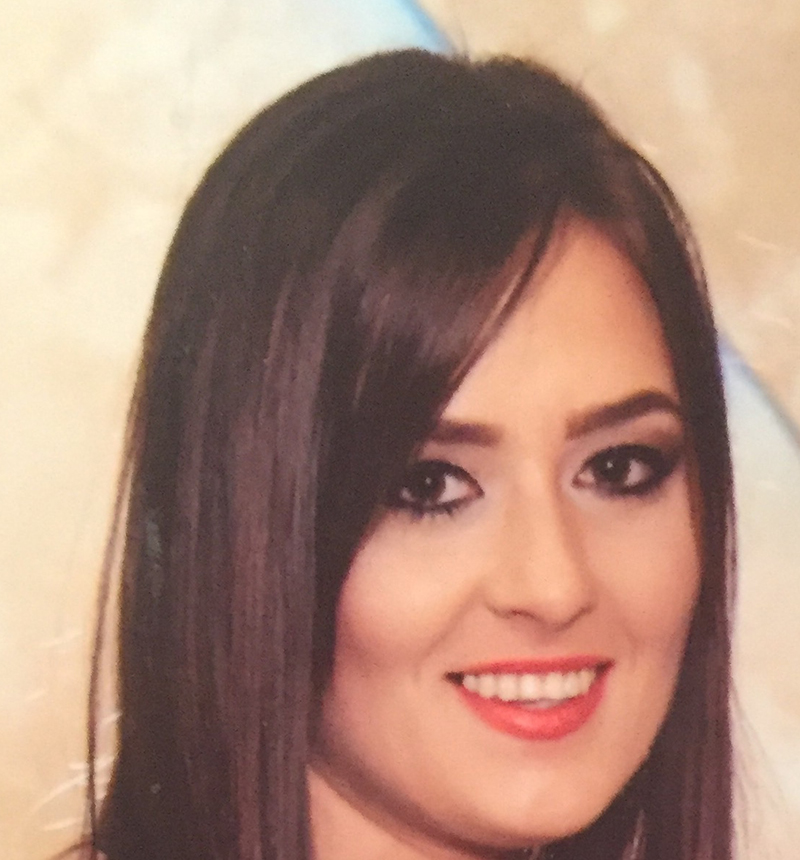
Our first nesletter is online. Click here to open ...
Our second nesletter is online. Click here to open ...
Popular Events
WORKSHOPS ON OVERCOMING CHALLENGES IN THE APPLICATION OF ORGANIC SOIL ADDITIVES - LEGISLATIVE FRAMEWORK (WS1)
AND SYNERGY OF SCIENCE AND ECONOMY (WP2)
To better accommodate stakeholders from the policy and business sectors, these events will be organized in two parts:
1. Onsite workshops
2. Follow-up meetings with representatives from both sectors.
Full agenda can be found at Agenda pdf.
This workshop will take place from 05.-06.03.2024. in hotel "Sheraton" Polgar Andraša 1, Novi Sad, Republic of Serbia.
Popular News
ReNBES at the RemTech Europe conference
Dr. Marijana Kragulj Isakovski had an oral presentation “Assessment of the Potential Application of Sewage Sludge and Compost Derived from Sewage Sludge as Organic Soil Amendments” (pdf book of abstracts).
ReNBES in EkoList
PDF version of the article can be found here. For more news visit https://ekolist.org/
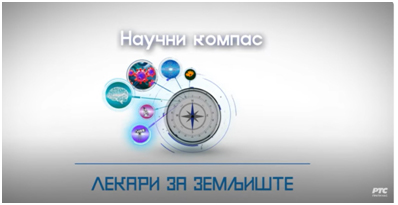
ReNBES Project: A Spotlight on Soil Health in Serbia on "Naučni Kompas 2"
In an exciting feature on the Serbian National Television's scientific program Naučni Kompas 2, the groundbreaking ReNBES project took center stage. Prof. Dr. Snežana Maletić from the University of Novi Sad, Faculty of Sciences, and Dr. Stanko Milić from the Institute of Field and Vegetable Crops Novi Sad, a prestigious national institute, presented their collaborative efforts to tackle pressing environmental and agricultural challenges.
The ReNBES project (Natural based efficient solution for remediation and revitalization of contaminated locations using energy crops) focuses on sustainable land management, aiming to improve soil health and biodiversity through innovative practices. During the program, Prof. Maletić and Dr. Milić discussed the project's pivotal role in addressing soil degradation, a growing concern in Serbia and beyond.
Highlighting their research, the experts explained how the ReNBES team works across scientific disciplines to develop solutions tailored to the region's specific agricultural and ecological conditions. They emphasized the importance of protecting soil as a vital resource, essential for food security, carbon storage, and biodiversity preservation.
Dr. Milić underscored the Institute's contributions to implementing field-based practices, while Prof. Maletić shared insights into the project's broader implications for sustainable development. Their joint presentation on Naučni Kompas 2 marked a significant step in bringing science closer to the public, encouraging awareness and action toward sustainable land use.
As the ReNBES project continues to gain momentum, it serves as a testament to the power of collaborative research in creating solutions for a healthier and more sustainable environment.
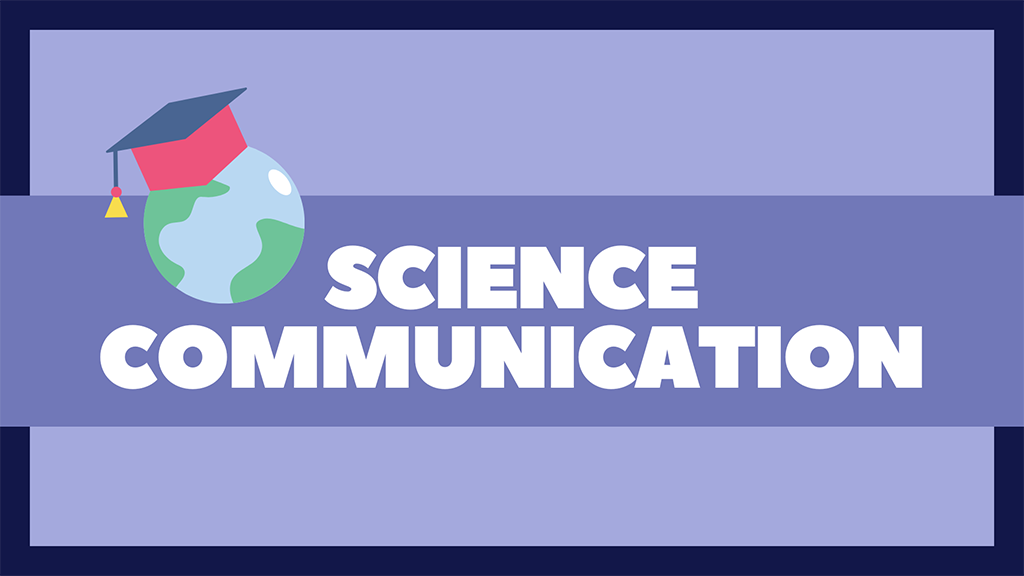
ReNBES Team Members Enhance Research Communication Skills at Recent Workshops
The ReNBES team is pleased to announce the active participation of its members in two significant workshops focused on improving research communication.
On September 30th and October 1st, 2024, team members took part in the SmartWaterTwin workshop, "Communication Skills for Greater Impact of Your Research," hosted at the Faculty of Sciences, University of Novi Sad. This event aimed to help researchers refine their abilities in drafting effective Communication, Dissemination, and Exploitation (CDE) plans for project proposals. Participants engaged in practical exercises and group work, honing their verbal and nonverbal communication skills, and learning how to better communicate their scientific work within the Horizon Europe framework. This invaluable training equips our team with advanced strategies to reach target audiences more effectively.
Further enhancing her expertise in science communication, team member Dr. Jelena Beljin attended the "Communicating Your Research to Non-Specialists – Nature Masterclass" on October 4th, 2024. This full-day workshop, organized by BIO4 Campus in partnership with Springer Nature, was led by Dr. Jeffrey Robens, an expert in scientific communication. The event focused on helping researchers present their work in an engaging way to non-expert audiences. Dr. Beljin, along with other participants, explored techniques for writing accessible scientific content, understanding audience perspectives, and utilizing social media and AI to amplify research impact.
These workshops demonstrate ReNBES’s commitment to enhancing communication skills, ensuring that our scientific contributions are more accessible and impactful. We are excited to implement the new strategies learned as we continue advancing our research and public engagement efforts.

Fifth Follow up
On June 19th, Marijana Kragulj Isakovski met with Jelena Moravski, a representative of the city administration for environmental protection, to discuss the ReNBES project and its main results. During the meeting, Jelena Moravski presented the GIS Novi Sad application (zelenilo.com), which maps and analyzes all green surfaces in the city. The city administration approved a project proposal focused on utilizing green waste for a green economy, aiming to produce biochar from green biomass in Novi Sad with comprehensive characterization and evaluation of potential applications. It was concluded that joint efforts in environmental care should be prioritized to enhance living standards and wellbeing for all citizens.
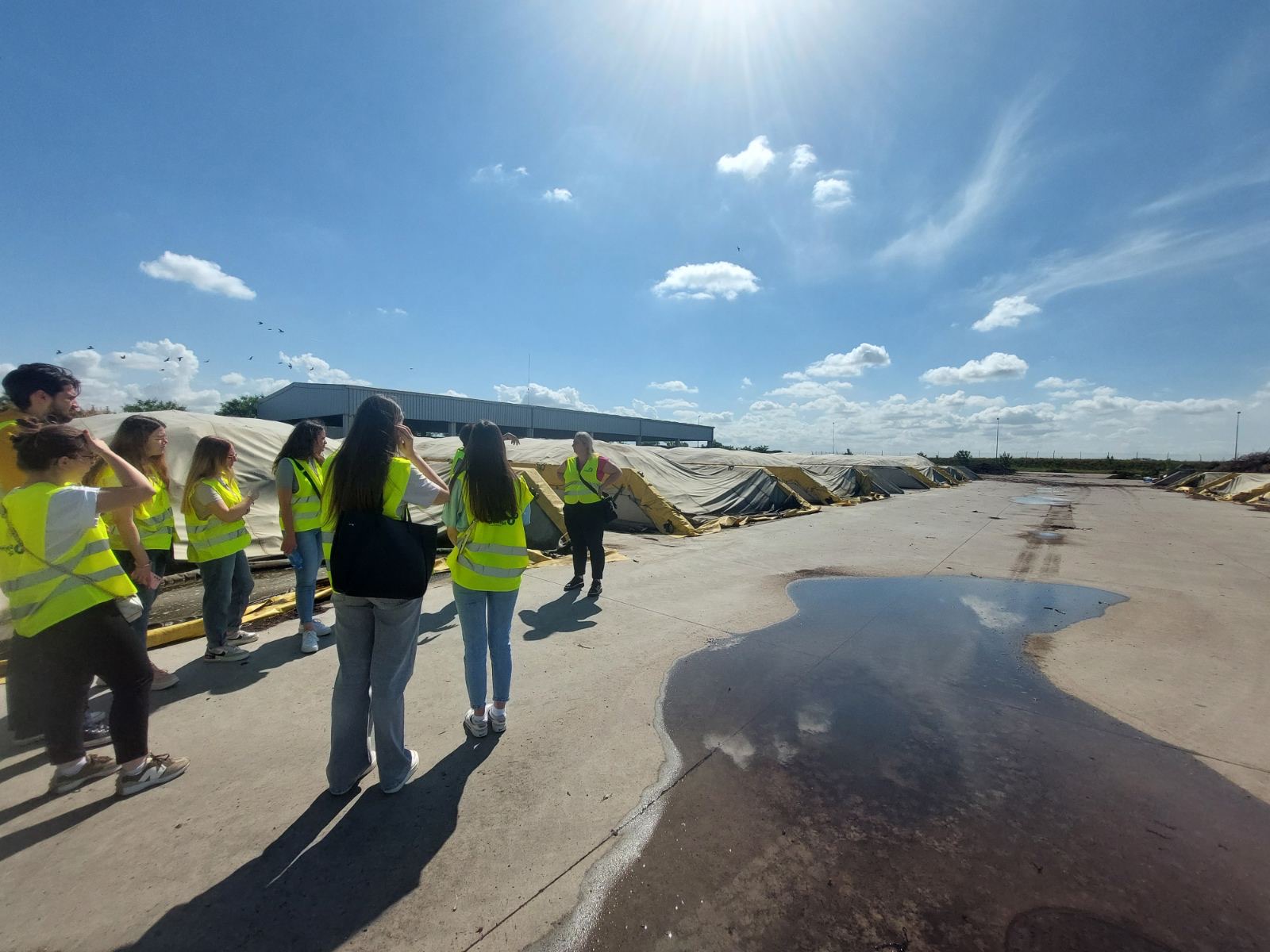
Fourth Follow up
The fourth follow-up meeting at Regional Landfill doo Subotica, held in May 2024, built on the successful workshop in March titled "Overcoming Challenges in the Application of Organic Soil Additives - Synergy of Science and Economy." Our host was Bjanka Čuturilo.
Regional Landfill doo Subotica employs specialized technology to produce high-quality compost. This compost is made from anaerobically stabilized sludge, transported on a regulated schedule from the Subotica Wastewater Treatment Plant, and biomass (green waste) collected through the regional waste management system. Key conclusions from the meeting included the need for enhanced collaboration between scientific research and economic strategies to optimize compost quality and the importance of expanding educational initiatives to promote the benefits of organic soil additives in sustainable agriculture. Participants also discussed the potential for scaling up production to meet increasing demand and the necessity of implementing stricter quality control measures to ensure consistency in compost performance. The meeting underscored the pivotal role of integrated waste management practices in fostering environmental sustainability and economic growth in the region.

Second and Third Follow up
The second follow up meeting with the representatives of the Serbian Biogas Association Goran Knežević, President of the Association, and Lidija Zelić, Managing Director, was held on May 9, 2024, at the UNSPMF. Participants of the meetining from UNSPMF were Snežana Maletić, Srđan Rončević, Marijana Kragulj Isakovski and Jasna Atanasijević.
During discussions, the Association representatives outlined the landscape of biogas production from agricultural residues, emphasizing the potential for constructing biopower plants and the availability of raw materials.
The third follow-up meeting hosted at the Government of Vojvodina, bringing together decision-makers represented by Provincial Secretary for Urban Planning and Environmental Protection, Dragan Đurica, and project team members Snežana Maletić and Marijana Kragulj Isakovski.
The discussion underscored the necessity for deeper research on greenhouse gas emissions within the agricultural sector, especially in Vojvodina, which is known for its extensive agricultural activities. Participants acknowledged the complex interplay between agricultural practices, soil health, and greenhouse gas emissions, recognizing the need for interdisciplinary collaboration to develop holistic solutions.
The meeting concluded on a note of optimism and shared commitment to collaborative efforts aimed at surmounting challenges associated with the application of organic soil amendments and mitigating greenhouse gas emissions in agricultural practices in Vojvodina. Through a concerted effort to leverage the synergy between science and economy, coupled with fostering collaboration among key stakeholders, participants expressed confidence in effecting positive change and advocating for sustainable agricultural practices tailored to the specific needs of the region.
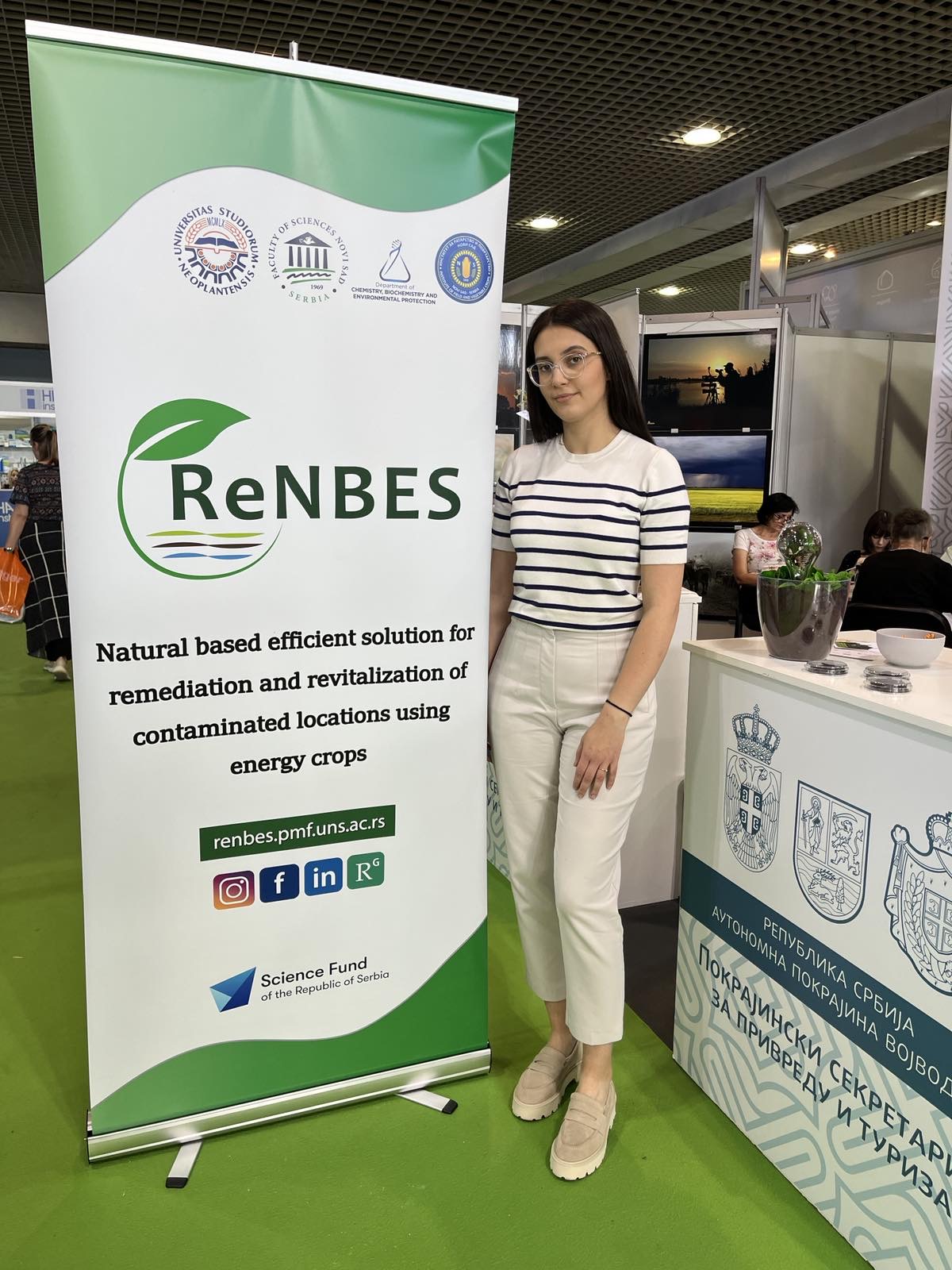
ReNBES project team member MSc Nina Đukanović participated at the 91st International Agricultural Fair held from 18 to 23 May 2024 in Novi Sad attracted considerable attention. Attendees expressed enthusiasm for the innovative approaches discussed, highlighting the practical applications of the research. Interested visitors had the opportunity to develop their creative thinking and associative linking skills, exploring ways to improve environmental sustainability. This fair event led to meaningful conversations and the sharing of valuable insights. Feedback from participants indicated a strong interest in implementing sustainable practices in their own agricultural operations.
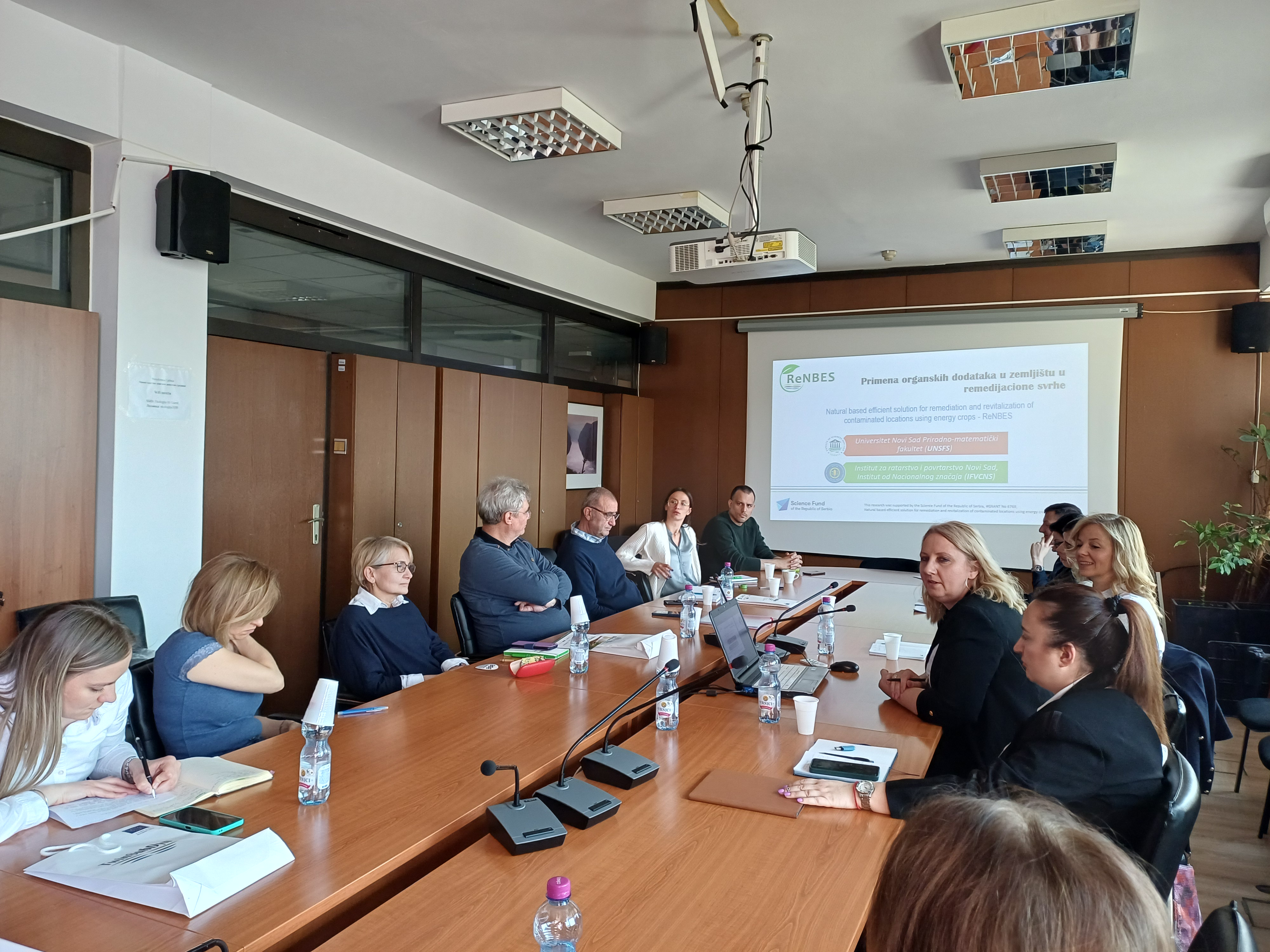
First follow-up meeting
On April 26th, TwinSubDyn and ReNBES projects held first follow-up meeting in the Ministry of Environmental Protection of the Republic of Serbia. The initial subsequent gathering came after the March workshops in Novi Sad. These workshops focused on tackling hurdles in utilizing organic soil additives, particularly examining the legislative context and the interplay between scientific advancements and economic factors.
Since decision and policy makers are identified as one of the most important target groups within the project implementation it was crucial to go into a dialog with the Ministry. In our follow-up meeting, it's evident that sustainable soil management remains a pivotal issue, especially in the context of accommodating the needs of a growing population. The endorsement of the Green Agenda for the Western Balkans and the subsequent formation of the SWG group demonstrate a collective commitment to promoting sustainable agricultural practices and enhancing soil quality. The current focus of the SWG on implementing a standardized soil classification system and developing a digital soil map is commendable, as it lays the foundation for informed decision-making and targeted interventions. However, the concerns raised regarding the presence of pollutants in organic fertilizers, as well as the challenges surrounding sewage sludge management, highlight the complexity of the issues at hand. Addressing these contradictions at higher levels, including engaging policymakers, is essential to ensure effective and sustainable soil management practices.
Only through cooperation and dialogue between academia and authorities, the full potential of project outcomes can be reached to mutual benefit, leading to a great impact in this sector. Our discussions reaffirm the urgency of collaborative efforts and holistic approaches in addressing soil-related challenges, while also emphasizing the need for continuous research, policy refinement, and stakeholder engagement.
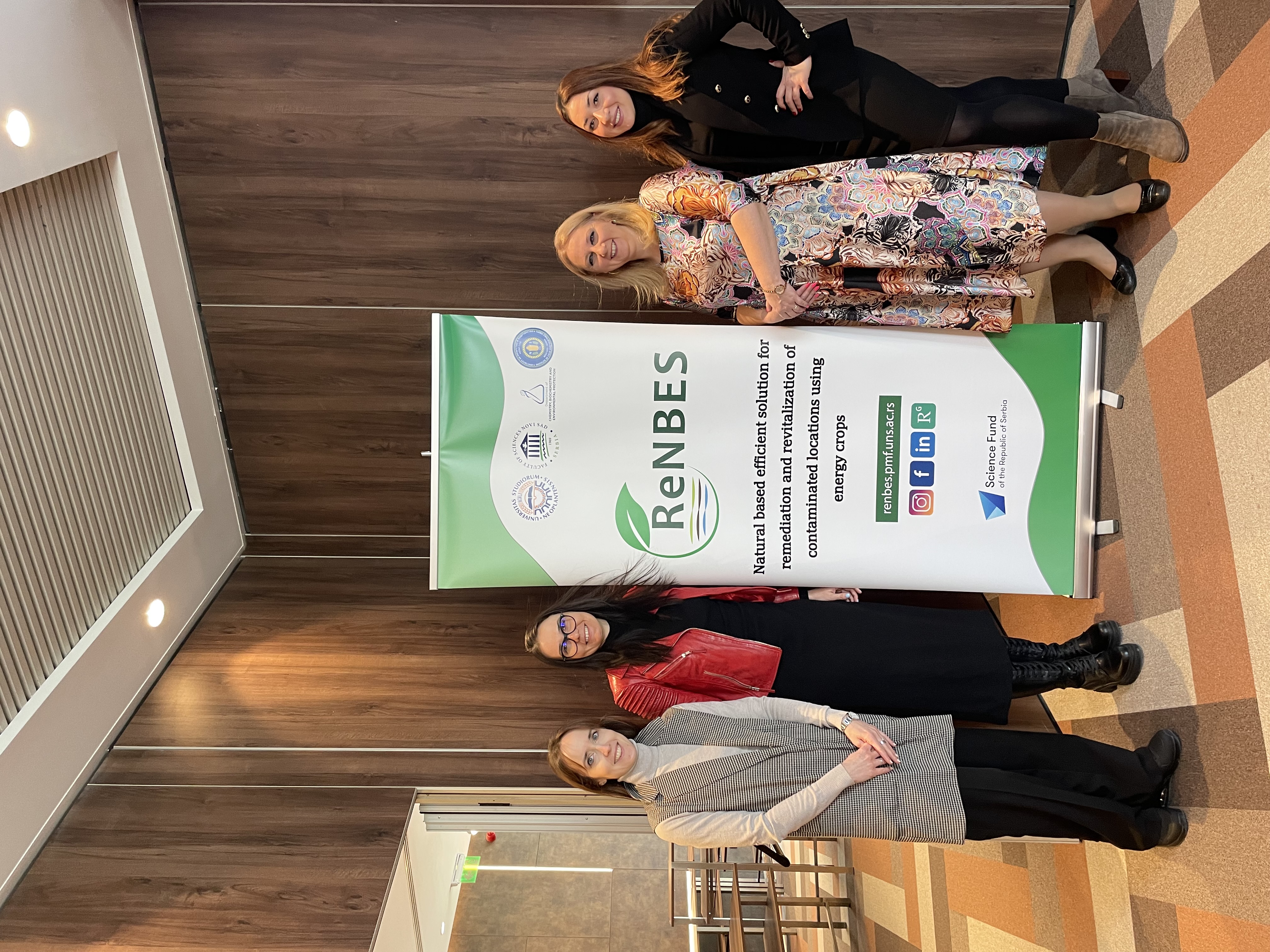
Exciting Updates from Novi Sad: Dissemination to the stakeholders and policymakers
Natural based efficient solution for remediation and revitalization of contaminated locations using energy crops (ReNBES) Funded by the Science Fund of the Republic of Serbia and Twinning excellence on organic soil amendments effect on nutrient and contaminant dynamics in the subsurface (TwinSubDyn) Twinning Western Balkans HORIZON-WIDERA-2021-ACCESS-02 presented their research, ideas and achievement to the stakeholders and policymakers.
On March 5th and 6th, Hotel Sheraton Novi Sad was buzzing with innovation and collaboration as the ReNBES and TwinSubDyn Consortium co-organized two dynamic workshops. The focus? Disseminating crucial insights to stakeholders and policymakers eager to dive into the world of environmental solutions.
Participants delved into a range of topics including soil remediation, risk assessment, biochar production, and the transformative potential of phytoremediation. The workshops weren't just about presentations; they were interactive, featuring panels and debates where team members and attendees could exchange valuable feedback. The agenda was comprehensive, covering all aspects of the project and inviting members to participate as speakers.
But it doesn't end there. The dissemination of knowledge won't stay confined within hotel walls. The ReNBES team will have a follow up meeting where we will outline plans for further outreach, plans, and research. The aim is to find the most suitable way to interact and communicate science with policy and stakeholders and vice versa.
Why does this matter? Because it's not just about academic discourse. It's about real-world impact. By fostering dialogue between academia, industry, and policymakers, these workshops pave the way for tangible change.
Stay tuned for more updates on the ripple effects generated by these dynamic workshops. The seeds of change have been sown, and the ReNBES Consortium are leading the charge towards a greener, more sustainable future.